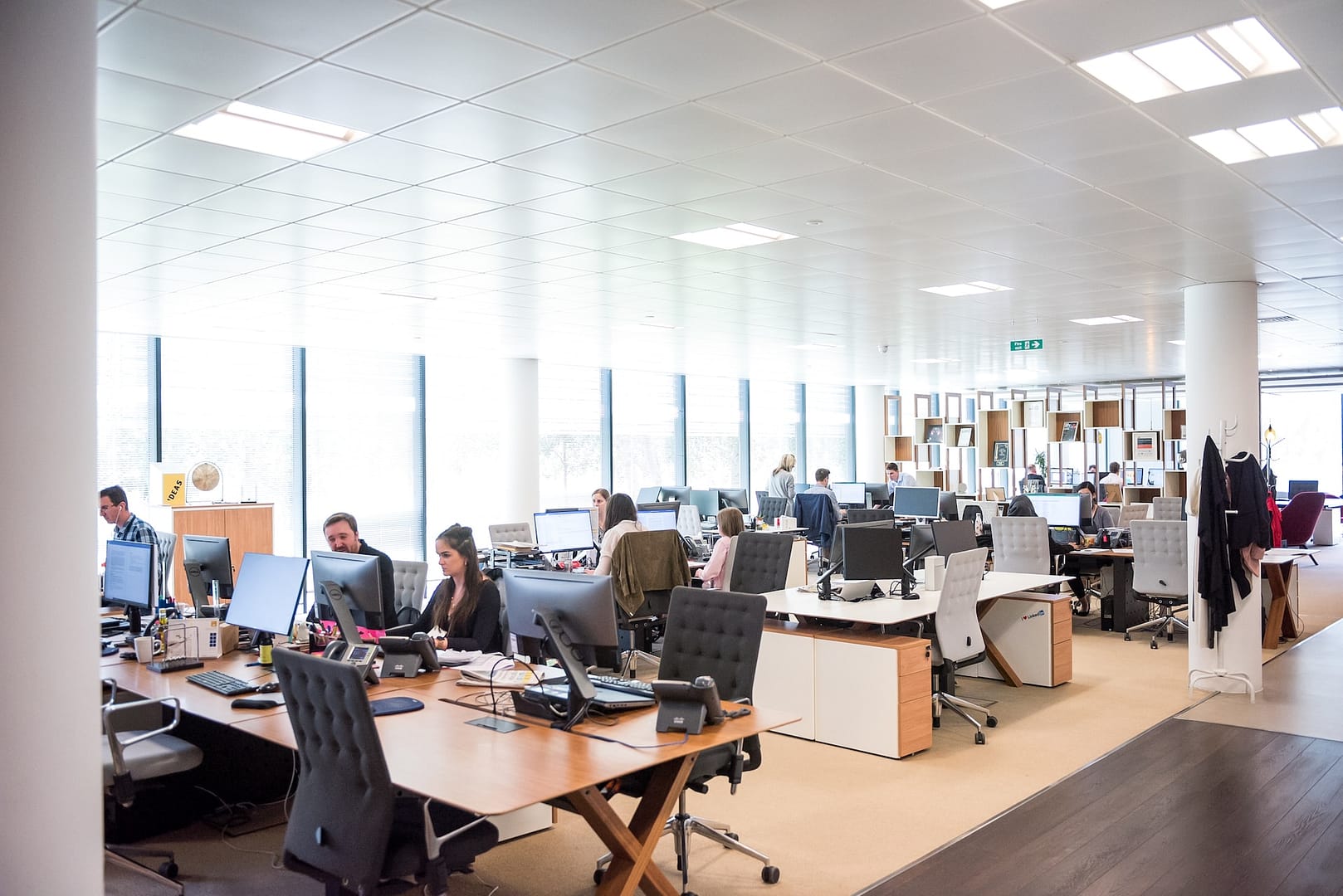In the fast-paced world of work, accidents can happen, and unfortunately, some of them can result in serious personal injuries. As an employee, it’s essential to understand your rights and the responsibilities of your employer when it comes to workplace safety. In the United Kingdom, employers have specific obligations to ensure the well-being of their workers. Let’s delve into the topic of serious injuries in the workplace and explore the responsibilities of employers in the UK.
Employer Responsibilities and Legal Obligations
The UK has robust legislation in place to protect workers and ensure their safety. The primary law governing workplace health and safety is the Health and Safety at Work Act 1974. Under this act, employers have a legal duty to protect their employees and others from potential hazards and to provide a safe working environment.
Risk Assessments and Preventive Measures
One of the crucial responsibilities of employers is to conduct thorough risk assessments. These assessments involve identifying potential risks and hazards in the workplace and taking appropriate measures to minimize or eliminate them. By conducting regular risk assessments, employers can identify areas that may pose a danger to their employees’ safety and take prompt action to rectify them.
For example, if there is a risk of falling from heights at a construction site, employers must provide appropriate safety equipment such as harnesses, guardrails, or safety nets. Regular inspections should be carried out to ensure that the equipment remains in good working order.
Training and Information
Employers are also responsible for providing adequate training and information to their employees regarding workplace safety. This includes educating employees about potential hazards, safety procedures, and the proper use of equipment and machinery.
For instance, in a manufacturing facility where heavy machinery is used, employers should ensure that employees receive comprehensive training on how to operate the machinery safely. Regular refresher courses may also be necessary to keep employees up to date with any changes or new safety measures.
Reporting and Record-Keeping
In the event of a serious injury at work, immediate action is crucial. Employers must have procedures in place for employees to report accidents or injuries promptly. This enables employers to investigate the incident thoroughly and take appropriate action to prevent similar accidents in the future.
Additionally, employers are required to keep accurate records of any accidents, injuries, or near misses that occur in the workplace. These records should include details of the incident, any injuries sustained, and the measures taken to prevent recurrence. Such documentation not only helps employers monitor safety trends but also provides evidence of their commitment to maintaining a safe working environment.
Actions Following a Serious Injury at Work
When a serious injury occurs in the workplace, both employers and employees have specific actions they need to take to ensure the injured party receives the necessary support and that steps are taken to prevent similar incidents in the future.
Immediate Medical Attention
The well-being of the injured employee is of utmost importance. Employers should ensure that appropriate medical assistance is provided without delay. This may involve calling an ambulance or arranging transportation to a medical facility.
Accident Investigation
Employers have a duty to investigate the incident thoroughly. This includes gathering relevant information, speaking to witnesses, and documenting the details of the accident. The aim is to identify the cause of the injury and take steps to prevent a recurrence.
Reporting the Incident
Employers must report serious workplace injuries to the Health and Safety Executive (HSE) within a specified timeframe. This report provides important data that helps the HSE monitor workplace safety and identify areas for improvement.
Supporting the Injured Employee
Employers should provide appropriate support to the injured employee, which may include facilitating their access to rehabilitation services, offering counseling or psychological support, and assisting with the process of filing a workers’ compensation claim if applicable.
Reviewing and Implementing Safety Measures
Following a serious injury, employers must reassess their existing safety measures and make any necessary changes or improvements. This may involve modifying work procedures, providing additional training, or introducing new safety equipment.
Employer Liability for Accidents at Work
A common question that arises is whether employers are liable for accidents that occur in the workplace. In the UK, employers have a duty of care towards their employees, which means they are legally responsible for their well-being while they are at work. If an employer fails to fulfill their responsibilities and a serious injury occurs as a result, they may be held liable for the accident.
Making a Workplace Claim
In the unfortunate event of a serious injury at work, employees have the right to make a workplace claim to seek compensation for their injuries and any associated damages. Making a claim can help cover medical expenses, loss of earnings, rehabilitation costs, and other financial burdens resulting from the injury. Here are the essential steps to follow when making a workplace claim:
Seek Legal Guidance
Before proceeding with a claim, it is advisable to seek legal guidance from us at National Claims. We will assess the circumstances of the injury, determine the viability of the claim, and guide you through the claims process.
Gather Evidence
To support your claim, it is crucial to gather as much evidence as possible. This may include photographs of the accident scene, medical reports, witness statements, and any relevant documents or records. The more evidence you have, the stronger your case will be.
Report the Incident
Notify your employer about the incident and ensure it is properly recorded. This will serve as an official record of the accident, which can be valuable evidence for your claim. If your employer fails to report the incident or tries to discourage you from doing so, it is essential to inform your solicitor.
Keep Detailed Records
Maintain a detailed record of all expenses related to the injury, including medical bills, transportation costs, and any other financial losses. These records will help demonstrate the impact of the injury on your life and assist in calculating the compensation you are entitled to.

Conclusion
Serious injuries in the workplace can have significant physical, emotional, and financial consequences for employees. In the UK, employers have clear responsibilities and legal obligations to ensure workplace safety and protect their workers from harm. By conducting risk assessments, providing training and information, and implementing preventive measures, employers can create a safe working environment that minimizes the risk of accidents and injuries.
In the unfortunate event of a serious injury, employers must take immediate action, including providing necessary medical attention, conducting thorough investigations, and reporting the incident as required by law. Additionally, employers should offer support to the injured employee and take steps to prevent similar incidents in the future.
Employees also have rights and options available to them. Making a workplace claim can help alleviate the financial burden and provide compensation for the injuries sustained. Seeking legal advice, gathering evidence, and following the proper procedures are essential in ensuring a successful claim.
Remember, workplace safety is a shared responsibility, and open communication between employers and employees is key. By working together and promoting a culture of safety, we can strive to prevent serious injuries in the workplace and create a healthier and more secure working environment for all.
Contact us today to start your claim, get put in touch with one of our claims specialists, and be guided through the claims process.
Click below to see why we are one of the most trusted claims management companies in the UK.





